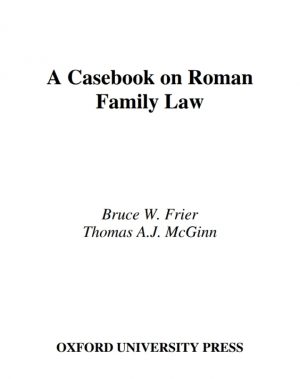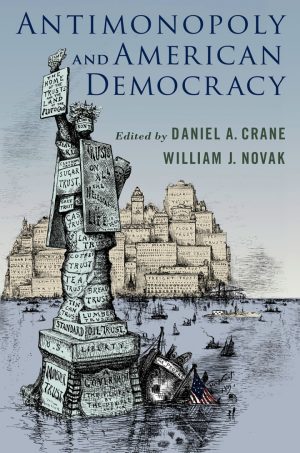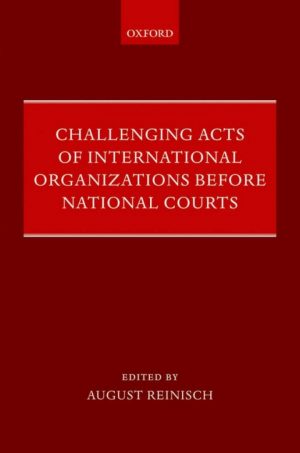Property and Community
$52.00
Attention: This is just ebook, Access Codes or any other Supplements excluded! / File Delivery: Sent Via Email within 24 hours!
SKU: 095fb19a945a
Category: Law Textbooks
Description
-
Author(s)Gregory S. Alexander; Eduardo M. Penalver
-
PublisherOxford University Press
-
FormatPDF
-
Print ISBN
9780195391572, 0195391578 -
eText ISBN
9780195391572, 0195391578 -
Edition
-
Copyright
- Details
Property and Community fills a major gap in the legal literature on property and its relationship to community. The essays included differ from past discussions, including those provided by law-and-economics, by providing richer accounts of community. By and large, prior discussions by property theorists treat communities as agglomerations of individuals and eschew substantive accounts of justice, favoring what Charles Taylor has called “procedural” conceptions. These perspectives on ownership obscure the possibility that the “community” might have a moral status that differs from neighboring owners or from non-owning individuals. This book examines a variety of social practices that implicate community in its relationship to property. These practices range from more obvious property-based communities like Israeli kibbutzim to surprising examples such as queues. Aspects of law and community in relationship to legal and social institutions both inside and outside of the United States are discussed. Alexander and Pe?alver seek to mediate the distance between abstract theory and mundane features of daily life to provide a rich, textured treatment of the relationship between law and community. Instead of defining community in abstractly theoretical terms, they approach the subject through the lens of concrete institutions and social practices. In doing so, they not only enrich our empirical understanding of the relationship between property and community but also provide important insights into the concept of community itself.
Related products
-

Civil Wrongs and Justice in Private Law 1st Edition
Rated 0 out of 5$43.88 Add to cart -

A Casebook on Roman Family Law
Rated 0 out of 5$28.60 Add to cart -

Antimonopoly and American Democracy 1st Edition
Rated 0 out of 5$7.80 Add to cart -

Challenging Acts of International Organizations Before National Courts 1st Edition
Rated 0 out of 5$43.88 Add to cart

